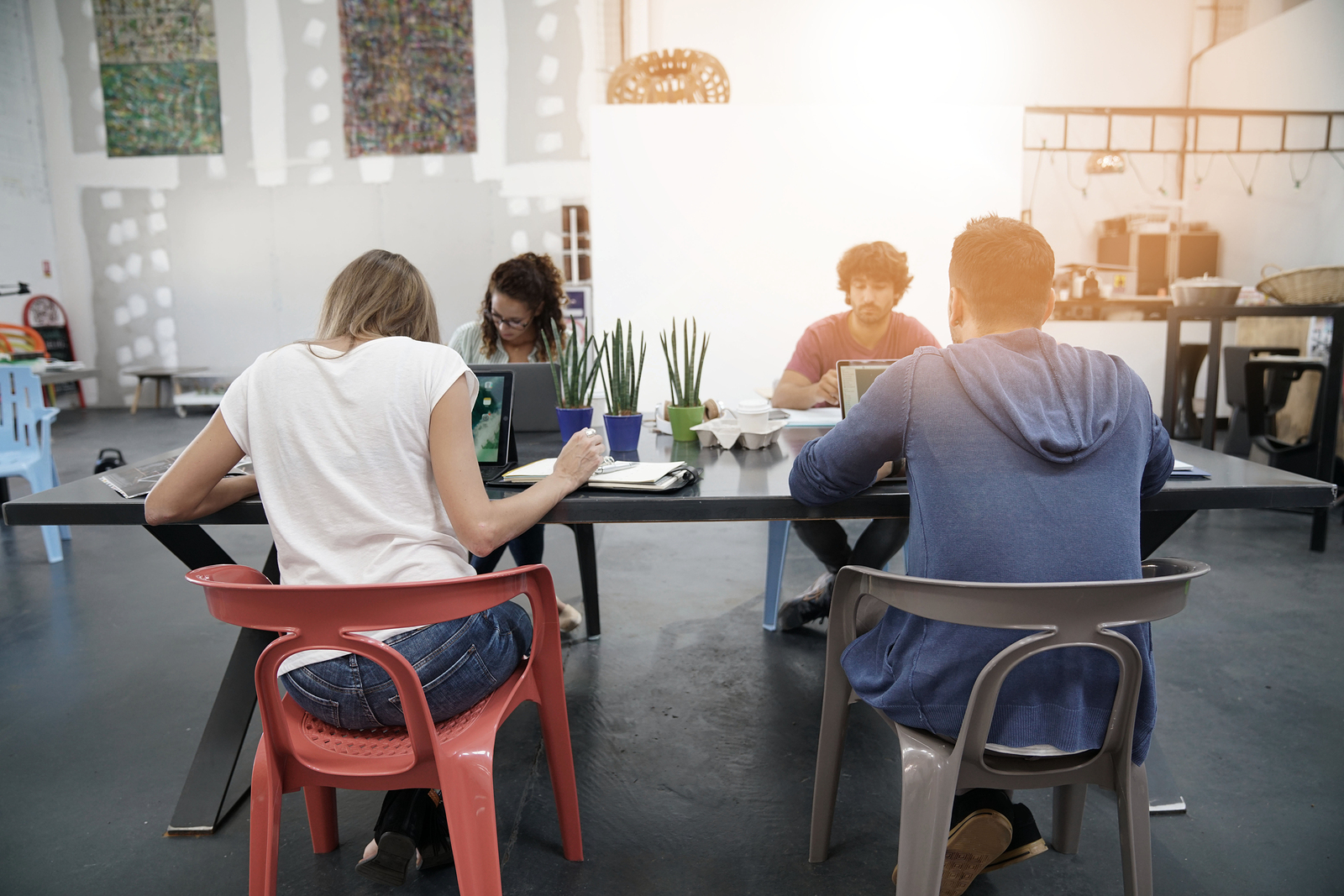Many of us feel a bit gloomy during the winter and if you’re a freelancer, especially one who works alone at home, you’re a prime target for January blues. The cheerful, brightly-lit festive season is over and the days are grey; you’re forced to have the light on indoors and you’re low on human interaction.
Persuading yourself you should do some exercise is even more difficult than usual and you’re COLD. You spend the first half hour of every day wondering if you can afford to put the heating on or if you’ll still be able to move your arms with a fourth jumper on.
For some of us, though, winter brings greater problems than a bit of lethargy and gloominess, and by January we can really be suffering if we have SAD.
Winter Blues or SAD?
Researchers estimate that in the UK, as many as 12-13% of us may suffer from ‘winter blues’ – a definite decrease in energy, a tendency to gain weight and feel more tired – while around 3-6% suffer from the more serious SAD (Seasonal Affective Disorder (SAD)), which is usually at its worst between December and February.
SAD is characterised by serious symptoms that only occur in its sufferers in the darker months of the year: persistent depression, increased appetite, irritability and a tendency to become less and less sociable or willing to leave home and a decreased sex drive. In severe cases, sufferers may even feel suicidal.
Young people up to age of 30 and those who have suffered emotional trauma or a period of great stress appear to be more vulnerable to developing SAD.
Say Goodbye to SAD
If you suspect you may have SAD, see your doctor. You may need treatment beyond the lifestyle tips here, some of which may be difficult for you to follow if you’re very depressed. This doesn’t necessarily mean medication – your GP can arrange counselling, CBT (Cognitive Behaviour Therapy) or a structured course of light therapy, as well as antidepressants. Sometimes a combination of treatments works best.
You may want to hire or purchase your own light box. Therapeutic light boxes produce light tat least ten times as intense as normal daylight. They’re available to buy or rent, so it’s best to rent one first to see if it works for you.
Wiping out the Winter Blues
Ensure you spend time outside
A lack of sunlight can melatonin levels, making you sleepy and lethargic, and reduce your serotonin levels, affecting your mood and appetite. It also affects your ‘body clock’ and some people find that a sunrise clock, which gradually increases light levels to wake you up gradually, is a help.
If you have to stay indoors, try to spend time near a window (although be aware that a lot of modern glazing blocks UV! While a daylight bulb will help to brighten your workspace, it won’t deliver a UV dose in the same way that a therapeutic lightbox.
Stay Warm
Before you decide you can’t afford to switch the heating on, bear in mind that that you can claim part of your utility bills against tax. Remember too that several layers are warmer than a thick jumper.
If your workspace is chilly, how about working elsewhere, at least for some of the time –a warmer place in the house or perhaps a cosy library, café or pub? This also brings you into contact with other people and the outside world. If you walk there, you’re adding daylight and exercise-generated endorphins to the mix. Ideal!
Beware the Comfort Food
When we’re cold, wet and feeling low, stodgy, unhealthy food and multiple caffeinated or chocolatey hot drinks may seem ideal. In reality, this kind of diet can play havoc with our blood sugar levels and doesn’t do our immune system any favours.
Choose non-stodgy stews, soups and puddings that are high on colourful fruit and veg but low on fat and added sugar. Try swapping out some of those teas and coffees with fruit teas, orange juice with cinnamon, honey and lemon, or malted drinks made with skimmed milk or hot water.
Socialise
It may not be the ideal time to sit outside a café and enjoy lunch with a friend, but it’s an ideal time to make work fates, lunch dates, coffee dates or invite family and friends around. the company of others, particularly if laughing and hugging is involved, is great for our emotional wellbeing and physical health – science has proved it!
Exercise
I can hear the groans from here, but exercise boosts our immune system and general health, as well as producing mood-boosting endorphins. If you go out to an exercise class, you can enjoy the benefits of a warm, brightly lit room and the company of others, too.
If you go out for a brisk walk or a run, you’re gaining the benefit of the UV light and maybe a social element too – in fact, why not arrange a regular walk with someone local? However, exercising indoors is fine and can be as simple as you like.
Try jogging on the spot or doing star jumps while waiting for the kettle to boil, do step exercise on to any suitable, safe raised surface in front of the TV or find an exercise DVD or video game that suits your interests and fitness levels.
To find out more about SAD and the support available for sufferers, visit http://www.sada.org.uk/ (The Seasonal Affective Disorder Association (SADA)) or http://www.sad.org.uk/







